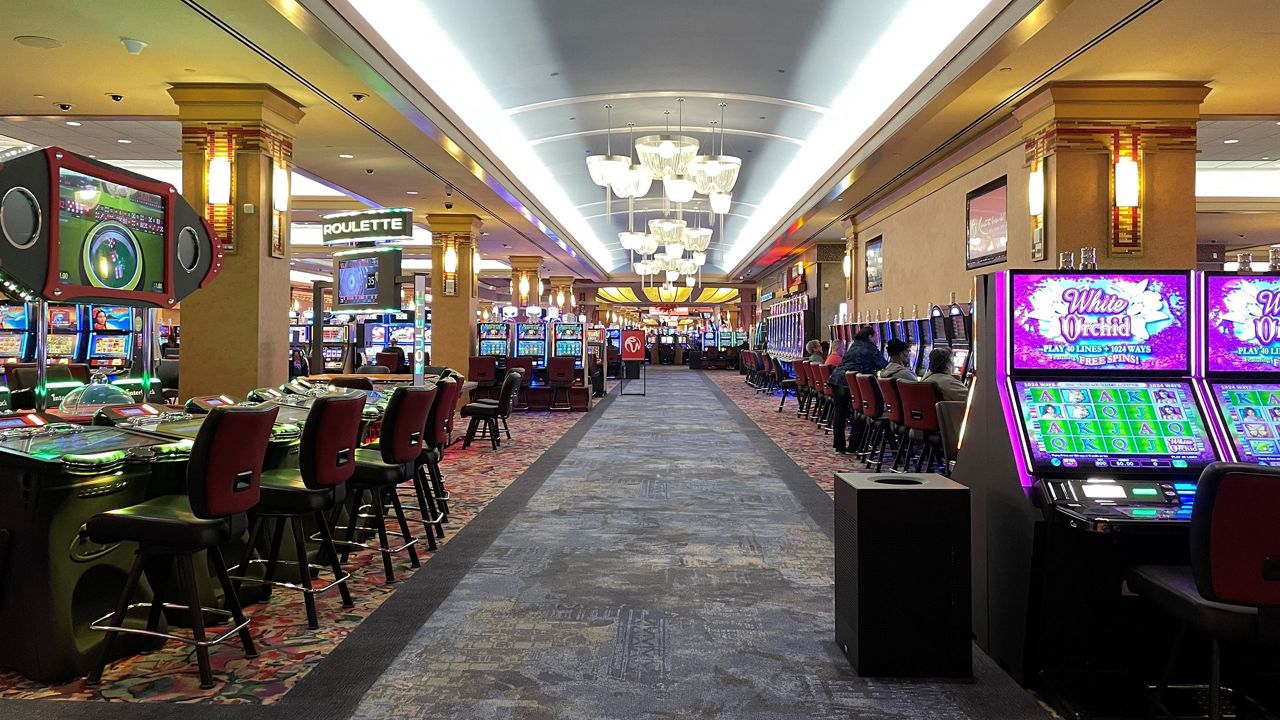Gambling games have long captured the imagination of people around the globe, becoming an important part of both leisure and society. From the shimmering lights of the Vegas Strip to the engaging experience of virtual casinos, these activities evoke excitement, risk, and sometimes even a sense of sentimentality. They are more than just entertainments; they have woven themselves into the texture of our lives, influencing everything from film and music to style and literature.
The allure of casino games surpasses the gambling aspect, tapping into wider themes of fortune, chance, and psychology. As players gather around a poker table or spin the roulette, they engage in an timeless ritual that connects with our communal desire for adventure and uncertainty. This captivation has led to the emergence of numerous references in cinema, music, and video games, showcasing how strongly entrenched these games are in popular culture. Whether it is the intense drama of a traditional caper or the vibrant nightlife portrayed in recordings, casino games have established a substantial role that reflects our bond with risk and reward.
Cultural Importance of Gambling Games
Gambling games have played a crucial role in social aspects throughout the ages. Originating from old societies, forms of chance were often connected to ceremonies or events. For instance, early forms of these activities can be linked back to ancient Chinese and the Romans, where die games and betting on results were popular pastimes. These activities not only served as leisure but also as means of connecting people, facilitating connections among people within societies.
As cultures evolved, so did the complexity and organization of casino games. Nạp Tiền 78WIN The creation of official casinos in the 17th century, particularly in the Italian region, marked a notable shift in how games were perceived and organized. With specific spaces for gambling, the casino became a community center where patrons from various backgrounds gathered. This evolution contributed to the legitimization of the industry, transforming it from a mere pastime into an organized industry that shaped the economy and regulations.
The impact of casino activities on mainstream culture cannot be understated. As they were popularized in literature and movies, games such as poker and blackjack became symbols of risk, chance, and tactics. Famous figures and stories have emerged around these games, reflecting societal views towards fortune, prosperity, and immorality. This fascination with casino games has infiltrated various forms of media, cementing their place in the collective consciousness and linking them to broader cultural stories throughout the ages.
Depiction of Gambling Games in Entertainment
Gambling games have long been a popular subject in different types of entertainment, reflecting both the excitement and nuances of the world of gambling. Films such as Ocean’s Eleven and Casino Royale portray figures who navigate dangerous scenarios, showcasing not only the appeal of the casino atmosphere but also the tactics and judgments that come with playing popular games like Texas Hold’em and blackjack. These movies often dramatize the thrill of winning and the potential repercussions of losing, encapsulating the perils involved in gambling.
Television shows have also explored the realm of gambling activities, often integrating them into the storyline as a context for character arcs and conflict. Shows like Las Vegas depict the lives of casino workers and customers, highlighting the vibrant, often tumultuous energy of the gaming floor. Docuseries featuring intense betting contests further emphasize the fascination of gambling activities, drawing viewers into the tension and planning involved in each session. Through these representations, media not only amuses but also stimulates conversations about luck, expertise, and the nature of chance.
Digital games have increasingly incorporated gambling activities into their design, allowing players to experience the feeling of gambling without financial exposure. Games within the realm of digital gaming often include virtual slots, poker, and other popular casino games, creating an engaging environment that mirrors real-life gameplay. These digital representations make gambling activities accessible to a broad demographic, appealing to both players who indulge and those who enjoy the thrill of simulation. As a consequence, the representation of gambling activities in media continues to shape cultural attitudes and cultural relevance, highlighting their role in entertainment and culture.
Impact of Casino Games on Communities
Gambling activities have a significant effect on communities, influencing multiple aspects of culture and social behavior. They often function as a venue for social interaction, where people come together to experience a shared experience. Casino trips with friends or trips to casinos become social activities that foster connections and create shared moments. This collective aspect enhances the fun value of gambling activities, making them a popular choice for festivities and recreational pursuits.
Moreover, casino games have been depicted in countless films, TV series, and literature, influencing views and attitudes towards gaming and betting. Icons like James Bond playing baccarat or the high-stakes poker scenes in films have cemented these games in the collective imagination. This depiction often glamorizes the culture associated with gambling, drawing in new players and impacting trends in both style and behavior. These portrayals can ignite curiosity and lead to a more profound exploration of the nuances of gambling.
Nonetheless, there are also negative consequences associated with the widespread appeal of casino games. The temptation of quick monetary gain can lead to problem gambling and economic troubles for some people. 78 win The community must contend with these issues, advocating for responsible gambling and awareness of the dangers involved. Finding a balance between the fun aspect of casino games with the risks is vital to ensure that they continue to be a beneficial aspect of our cultural landscape.
